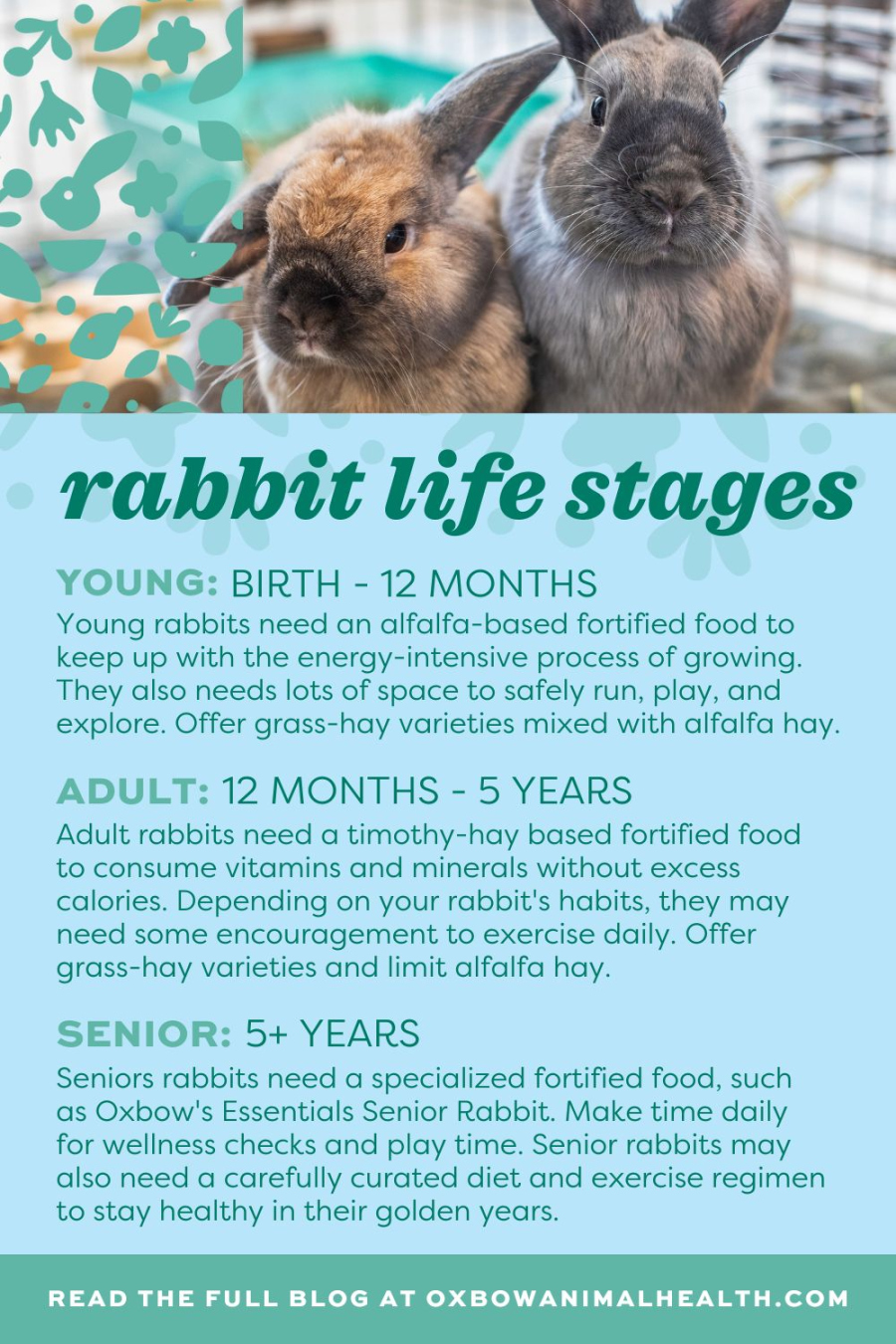How Long Can a Rabbit Go Without Hay?
Rabbits are adorable and popular pets known for their fluffy fur and twitching noses. As responsible owners, it’s essential to provide them with a well-balanced diet, including hay, vegetables, and a limited amount of pellets. However, sometimes unforeseen circumstances arise, and we may wonder how long our furry friends can go without their primary source of nutrition, hay. Let’s delve into this topic and understand the importance of hay in a rabbit’s diet.

The Role of Hay in a Rabbit’s Diet
Hay is a vital component of a rabbit’s diet, primarily because it supports their digestive health and provides essential nutrients. It helps maintain their dental hygiene and prevents dental issues such as overgrown teeth. Additionally, hay serves as a significant source of fiber, which aids in proper digestion and helps prevent gastrointestinal stasis, a potentially fatal condition in rabbits.
How Long Can a Rabbit Go Without Hay?
Rabbits have delicate digestive systems that rely on a constant supply of hay to function optimally. Without hay, their digestive process can be disrupted, leading to various health issues. While it’s crucial to ensure your rabbit has hay available at all times, there may be situations where hay is temporarily unavailable. In such cases, the maximum time a rabbit can go without hay is around 24 to 48 hours.
Factors Affecting the Duration
The duration a rabbit can go without hay can vary depending on several factors:
1. Age
Young rabbits or kits have a more sensitive digestive system and may require hay more frequently than adult rabbits. They are still developing their gut flora, which is essential for proper digestion.
2. Existing Health Issues
Rabbits with pre-existing health conditions may have a reduced tolerance for going without hay. If your rabbit is recovering from an illness or undergoing treatment, it’s crucial to provide them with a consistent supply of hay.
3. Diet Diversity
A rabbit’s overall diet plays a role in determining how long they can go without hay. If they have access to a variety of fresh vegetables and pellets, it may slightly extend the time they can go without hay. However, hay should always remain a central part of their diet.
Consequences of Hay Deprivation
Depriving a rabbit of hay for an extended period can have severe consequences on their health:
1. Gastrointestinal Stasis
The lack of fiber from hay can lead to gastrointestinal stasis, a condition where the digestive system slows down or completely stops. This can result in bloating, discomfort, and potentially life-threatening issues for the rabbit.
2. Dental Problems
Hay helps wear down a rabbit’s continuously growing teeth, preventing dental issues such as overgrown teeth. Without hay, dental problems can arise, causing pain and difficulty eating.
3. Nutritional Deficiencies
Hay provides essential nutrients to rabbits, including vitamins, minerals, and protein. Without hay, the rabbit may suffer from nutritional deficiencies, leading to a weakened immune system and other health complications.
FAQs
1. Can I substitute hay with other food sources?
No, hay is an irreplaceable part of a rabbit’s diet. It provides necessary fiber, maintains dental health, and supports proper digestion. Other food sources cannot fully fulfill these requirements.
2. Can I feed my rabbit more pellets if hay is unavailable?
While pellets contain some fiber, they do not have the same long-strand fiber content as hay. Increasing pellet intake without hay can potentially disrupt the rabbit’s digestive system further. It’s best to provide an alternate source of fiber until hay becomes available again.
3. What are suitable alternatives if hay is temporarily unavailable?
During hay shortages, suitable alternatives for rabbits can include fresh leafy greens like dandelion greens, cilantro, or parsley. However, these should only be temporary substitutes until hay can be provided.
4. How can I ensure a consistent supply of hay for my rabbit?
To ensure a consistent supply of hay, it’s advisable to stock up in advance. Purchase hay in bulk from reputable suppliers and store it properly in a dry and well-ventilated area. It’s also helpful to regularly check your hay stock to avoid running out unexpectedly.
Remember, hay is the lifeline of a rabbit’s diet. Ensuring your furry friend has a constant supply of fresh, high-quality hay is essential for their overall well-being. If you anticipate any disruptions in their hay availability, make suitable arrangements to prevent any adverse health consequences.
Hay is an indispensable part of a rabbit’s diet, responsible for maintaining their digestive health, dental hygiene, and overall well-being. While a rabbit can survive for up to 24 to 48 hours without hay, it’s crucial to provide them with hay consistently to avoid potential health complications. Always prioritize your rabbit’s nutritional needs and ensure they have access to fresh, high-quality hay at all times.
Related Articles…
Copyright Notice:
The images displayed here are sourced from the internet, with copyrights held by respective owners. For removal of any copyrighted image, please email us.